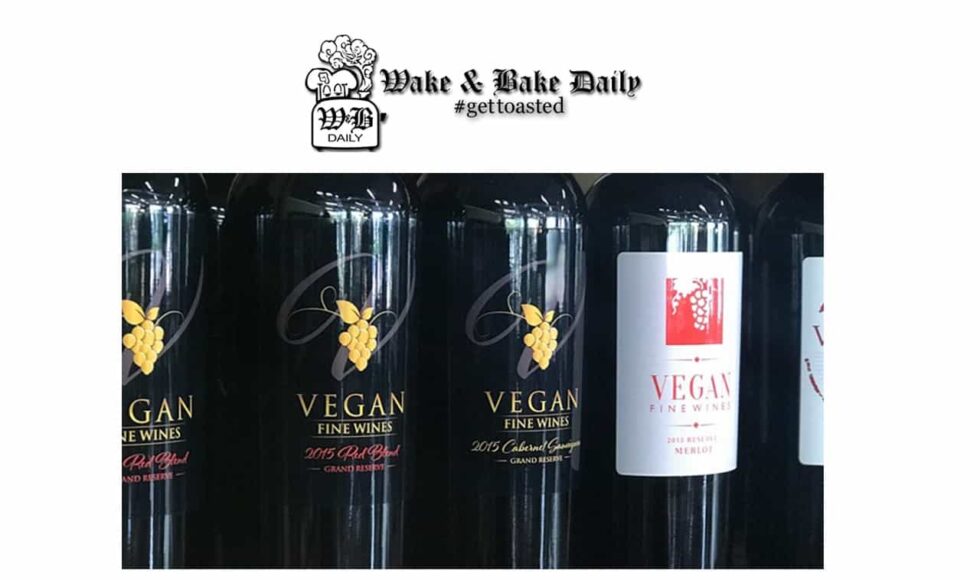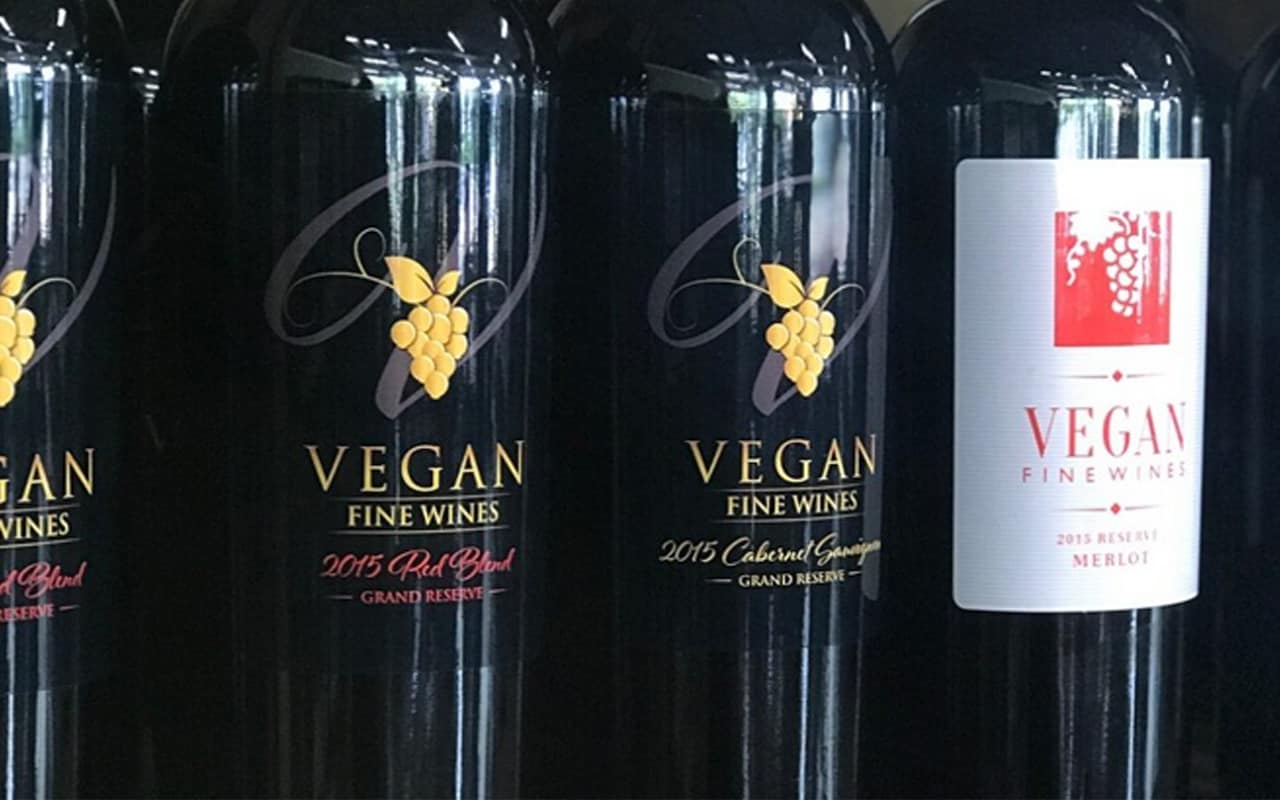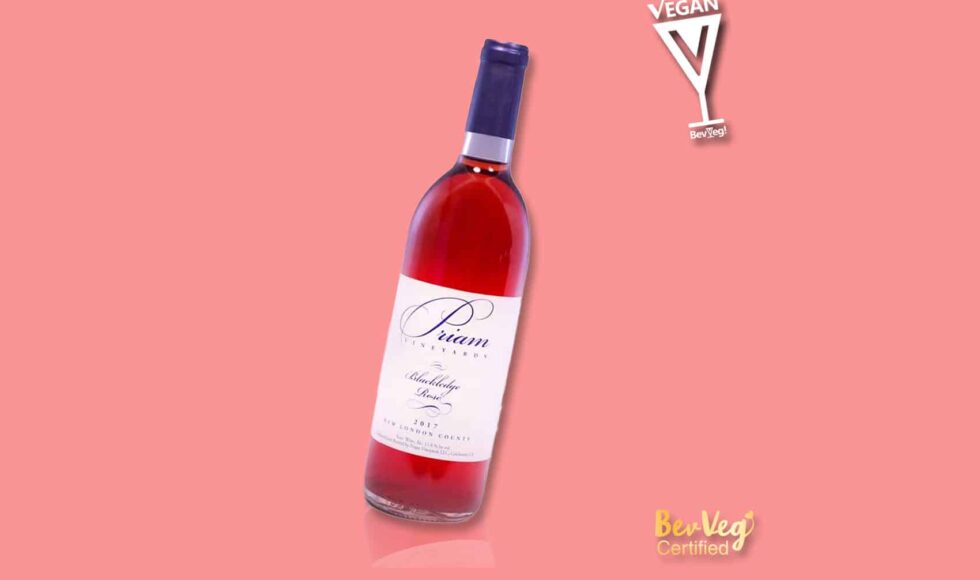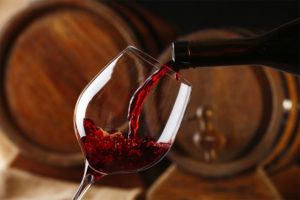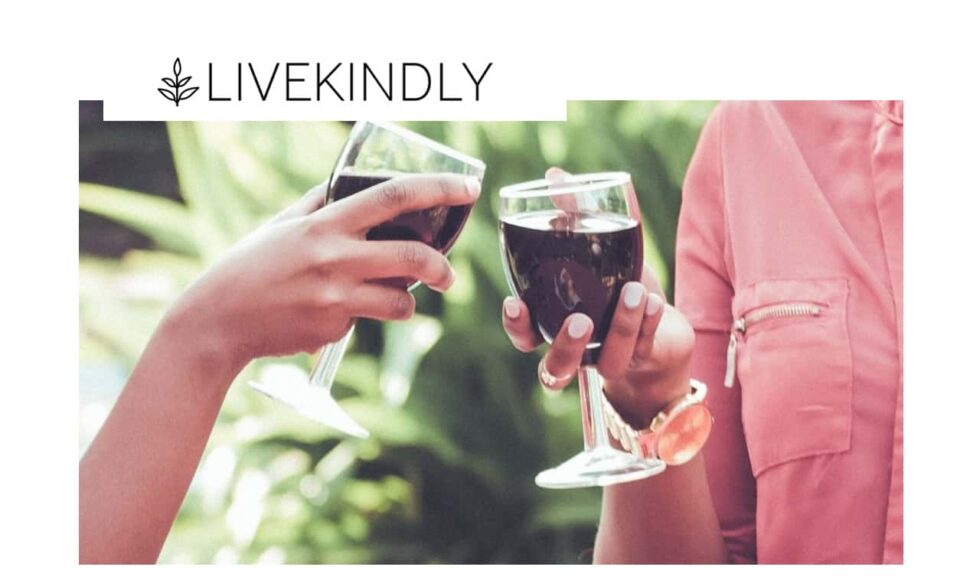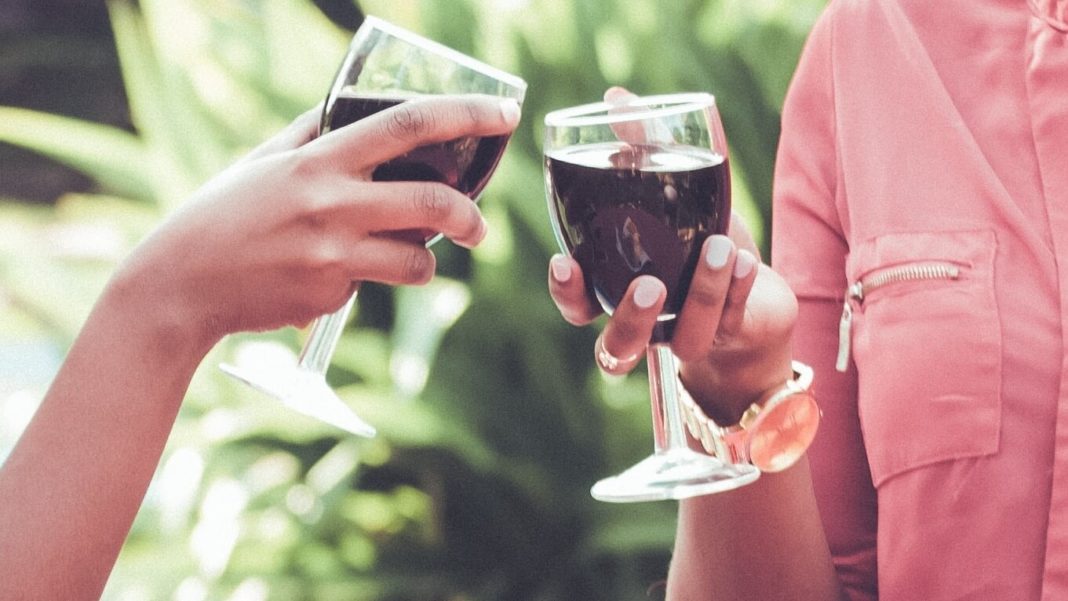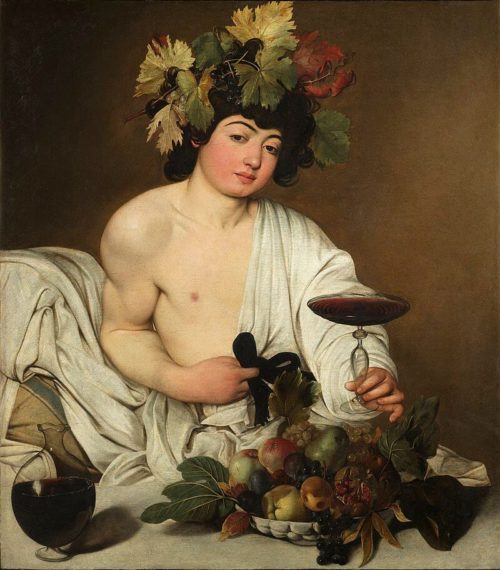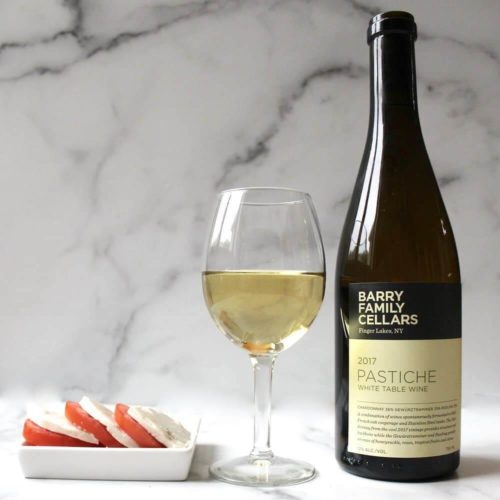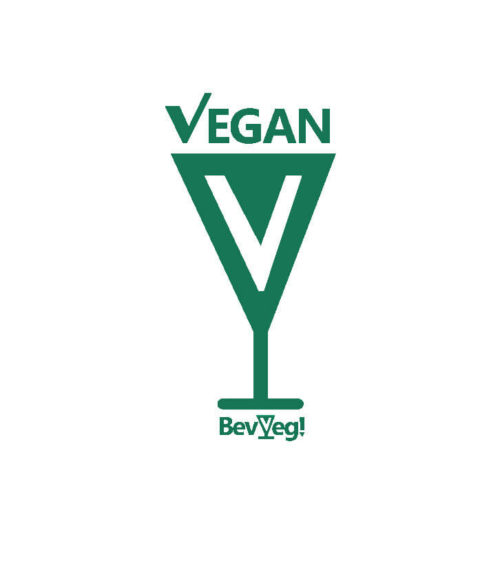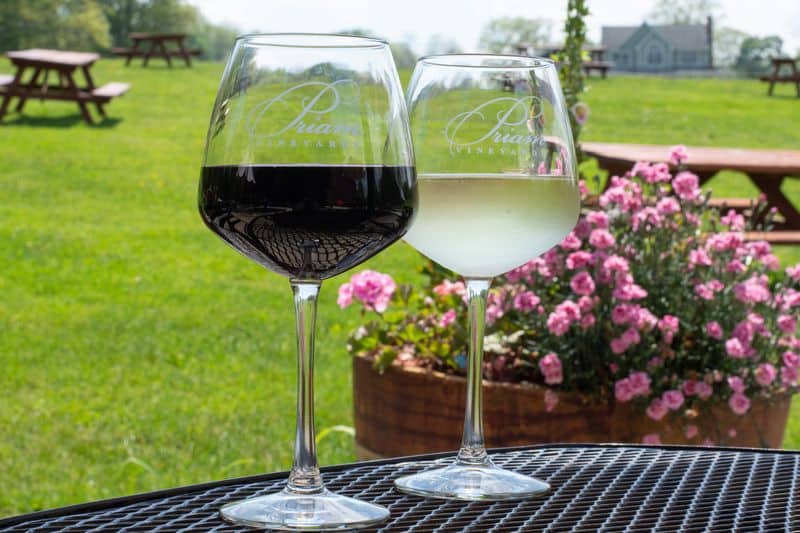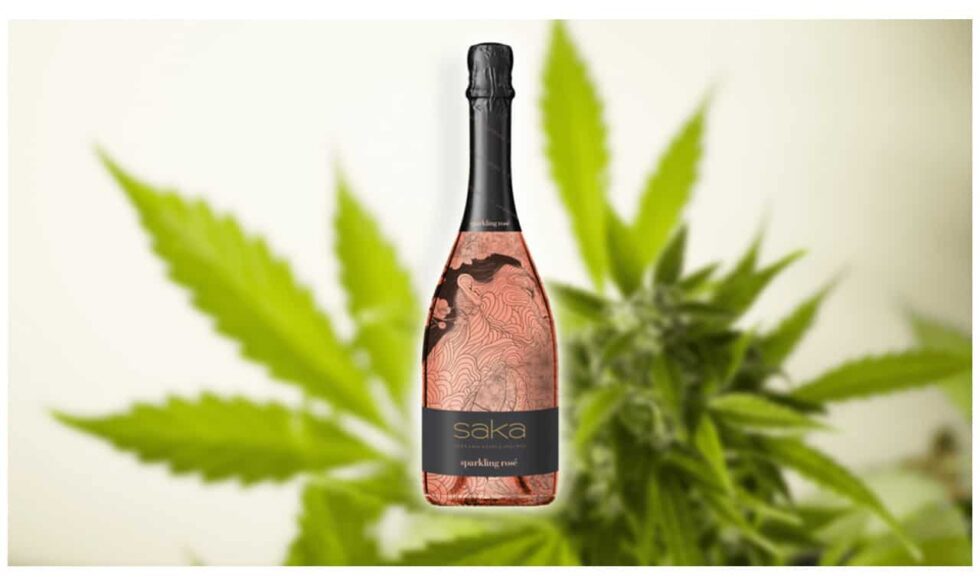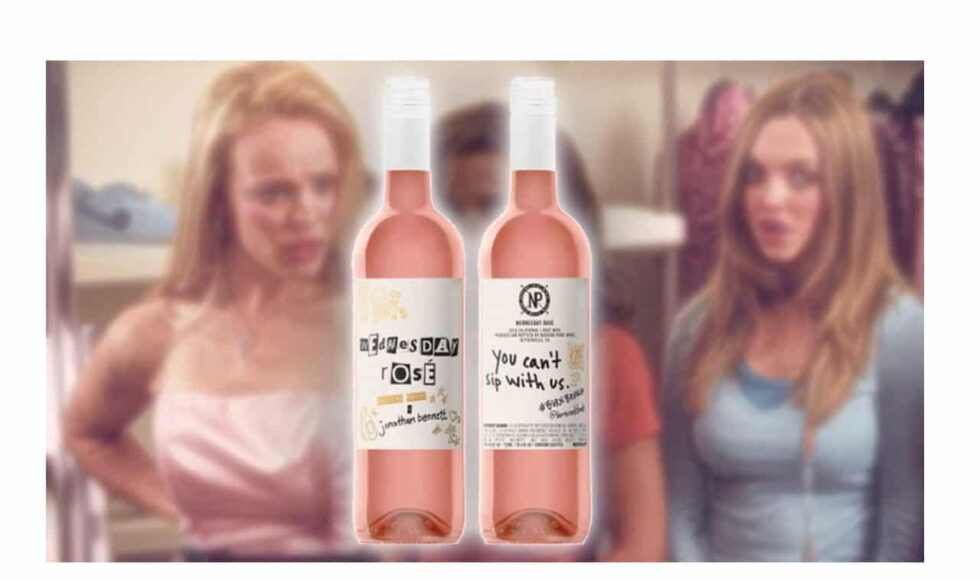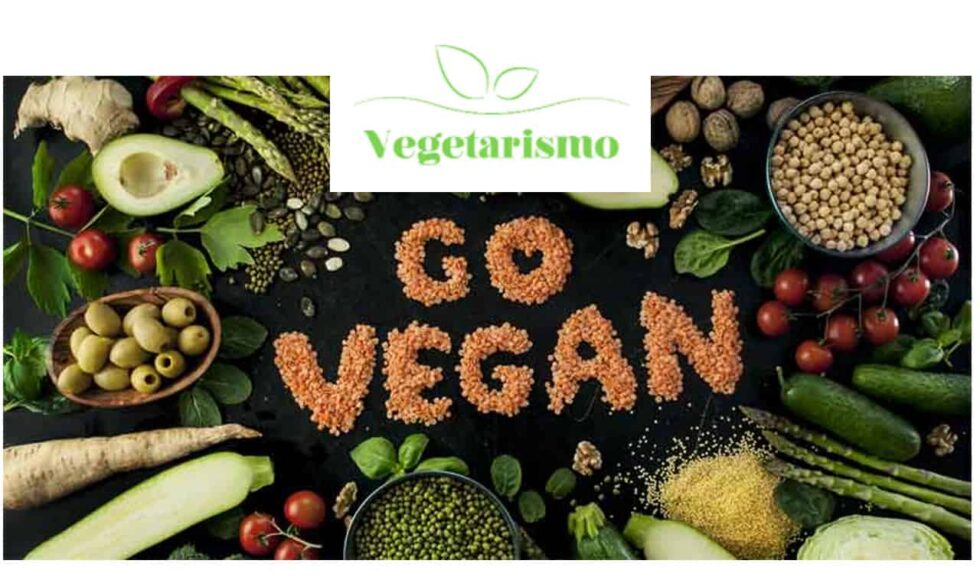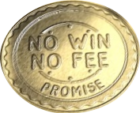CCL Certificación ofrece en España una certificación de alimentos para consumidores veganos
La inmensa mayoría de vinos NO son aptos para veganos, además el término “vegano” no está regulado por la legislación actual así que el consumidor tiene muy difícil saber con garantías si un vino es realmente vegano

Se calcula que en España un 7,8% de la población mayor de 18 años es flexivegetariana, es decir, que come básicamente vegetales y de forma esporádica carne o pescado; un 1,3%, es vegetariana y un 0,2%, vegana.
Ya sea por convicción o por moda, en algunos países en años recientes ha crecido el número de personas que adopta una dieta vegana, que excluye los alimentos de origen animal, como carnes, pescados, lácteos, huevos y miel.
Sin embargo, a la hora de buscar un producto vegano procesado o elaborado, como es el vino, la cosa puede no resultar tan sencilla, debido a que las industrias alimentarias no están obligadas por ley a incluir información nutricional ni especificar los ingredientes de origen animal, en las etiquetas de sus productos.
Es un hecho que el término “vegano” no está regulado por la legislación actual y de momento, el consumidor no tiene forma de saber si el producto es realmente vegano.
Los consumidores quieren saber la verdadera historia detrás de los vinos que compran, por este motivo, los veganos necesitan una fuente en la que puedan confiar.
En respuesta a esta tendencia vegana, los minoristas y la gran distribución, están buscando más productos con etiquetas de certificación vegana para dar confianza a un mercado que va en alza.
BevVeg es una agencia regulatoria privada con sede en Estados Unidos. La componen abogados especialistas en derecho alimentario, que trabajan en defensa del veganismo.
BevVeg es el ESTÁNDAR DE ORO para la certificación de alimentos y bebidas veganas, tal y como reconocen en Forbes, California Winery Advisor, PETA, CBS, Social Life Magazine y otros reputados medios de prensa internacionales.
El sello de certificación BevVeg permite a los consumidores saber que los productos que buscan son realmente veganos, este distintivo cuenta además con una larga tradición en el sector del vino.
El estricto proceso de certificación revela que no se utilizan ingredientes o subproductos animales en el proceso de fabricación, así como también se controla que el sistema de proveedores de la industria no compromete la integridad vegana, requiriendo pruebas fidedignas a los fabricantes de los ingredientes que componen el producto.
Por este motivo, el logotipo “BevVeg!” envía una clara señal a los consumidores de que los productos son seguros para los veganos. La marca BevVeg es muy popular en EEUU y Latinoamérica y está considerado un “must have” si se quiere acceder a estos mercados.
Este distintivo de calidad, llega ahora a España de la mano de CCL CERTIFICACIÓN que ha llegado a un acuerdo con el prestigioso sello “BevVeg”, totalmente integrado en América, para ofrecer en el sector de vino una certificación para los consumidores veganos con las máximas garantías.
Desde esta agencia de española de certificación afirman para Vinetur que “nuestra intención es proporcionar información fiel a los consumidores veganos, dotando a las empresas alimentarias de una herramienta de verificación que soluciona el problema de transparencia en el etiquetado, fuertemente demandada por el veganismo. Como no puede ser de otra manera también los consumidores de vino demandan una certificación de vino vegano.
Se trata, sin duda, por un lado de un nuevo mecanismo que tienen ahora las bodegas para aumentar sus ventas a través de nuevos tipos de clientes, y por otro de una manera segura que tienen los consumidores de comprar auténtico vino vegano.
This article originally appeared on Vinetur. You can read the original article here
CCL Certificación ofrece en España una certificación de alimentos para consumidores veganos
La inmensa mayoría de vinos NO son aptos para veganos, además el término “vegano” no está regulado por la legislación actual así que el consumidor tiene muy difícil saber con garantías si un vino es realmente vegano

Se calcula que en España un 7,8% de la población mayor de 18 años es flexivegetariana, es decir, que come básicamente vegetales y de forma esporádica carne o pescado; un 1,3%, es vegetariana y un 0,2%, vegana.
Ya sea por convicción o por moda, en algunos países en años recientes ha crecido el número de personas que adopta una dieta vegana, que excluye los alimentos de origen animal, como carnes, pescados, lácteos, huevos y miel.
Sin embargo, a la hora de buscar un producto vegano procesado o elaborado, como es el vino, la cosa puede no resultar tan sencilla, debido a que las industrias alimentarias no están obligadas por ley a incluir información nutricional ni especificar los ingredientes de origen animal, en las etiquetas de sus productos.
Es un hecho que el término “vegano” no está regulado por la legislación actual y de momento, el consumidor no tiene forma de saber si el producto es realmente vegano.
Los consumidores quieren saber la verdadera historia detrás de los vinos que compran, por este motivo, los veganos necesitan una fuente en la que puedan confiar.
En respuesta a esta tendencia vegana, los minoristas y la gran distribución, están buscando más productos con etiquetas de certificación vegana para dar confianza a un mercado que va en alza.
BevVeg es una agencia regulatoria privada con sede en Estados Unidos. La componen abogados especialistas en derecho alimentario, que trabajan en defensa del veganismo.
BevVeg es el ESTÁNDAR DE ORO para la certificación de alimentos y bebidas veganas, tal y como reconocen en Forbes, California Winery Advisor, PETA, CBS, Social Life Magazine y otros reputados medios de prensa internacionales.
El sello de certificación BevVeg permite a los consumidores saber que los productos que buscan son realmente veganos, este distintivo cuenta además con una larga tradición en el sector del vino.
El estricto proceso de certificación revela que no se utilizan ingredientes o subproductos animales en el proceso de fabricación, así como también se controla que el sistema de proveedores de la industria no compromete la integridad vegana, requiriendo pruebas fidedignas a los fabricantes de los ingredientes que componen el producto.
Por este motivo, el logotipo “BevVeg!” envía una clara señal a los consumidores de que los productos son seguros para los veganos. La marca BevVeg es muy popular en EEUU y Latinoamérica y está considerado un “must have” si se quiere acceder a estos mercados.
Este distintivo de calidad, llega ahora a España de la mano de CCL CERTIFICACIÓN que ha llegado a un acuerdo con el prestigioso sello “BevVeg”, totalmente integrado en América, para ofrecer en el sector de vino una certificación para los consumidores veganos con las máximas garantías.
Desde esta agencia de española de certificación afirman para Vinetur que “nuestra intención es proporcionar información fiel a los consumidores veganos, dotando a las empresas alimentarias de una herramienta de verificación que soluciona el problema de transparencia en el etiquetado, fuertemente demandada por el veganismo. Como no puede ser de otra manera también los consumidores de vino demandan una certificación de vino vegano.
Se trata, sin duda, por un lado de un nuevo mecanismo que tienen ahora las bodegas para aumentar sus ventas a través de nuevos tipos de clientes, y por otro de una manera segura que tienen los consumidores de comprar auténtico vino vegano.
This article originally appeared on Vinetur. You can read the original article here



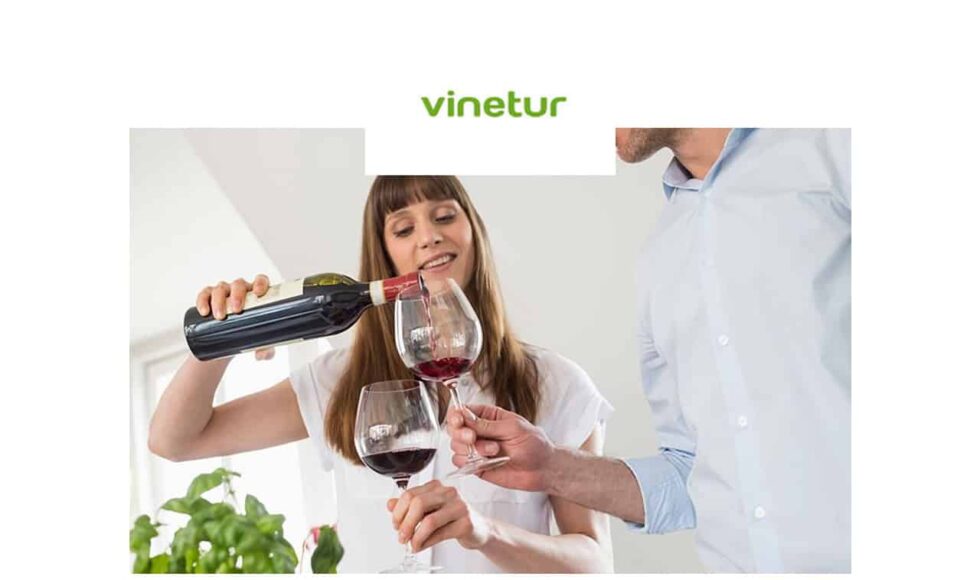


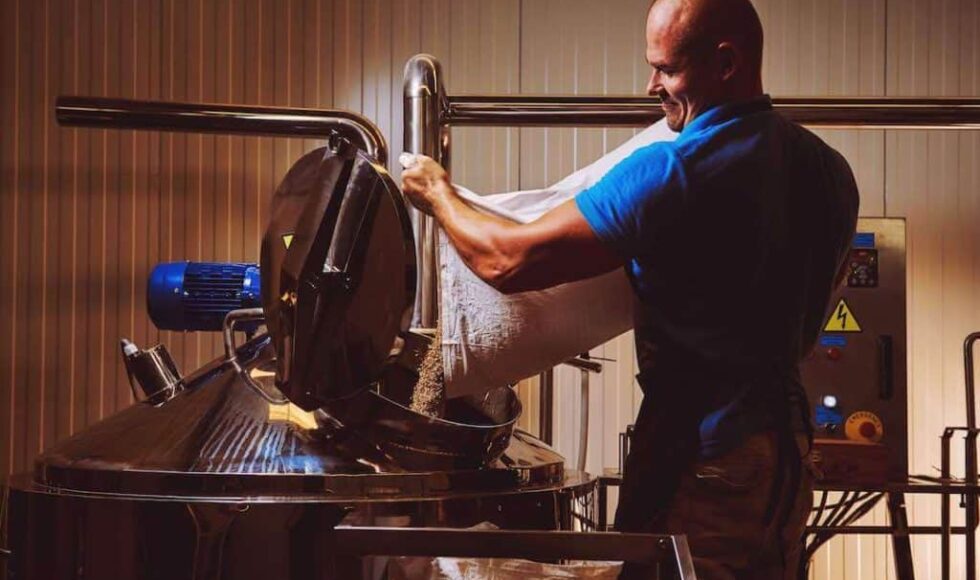
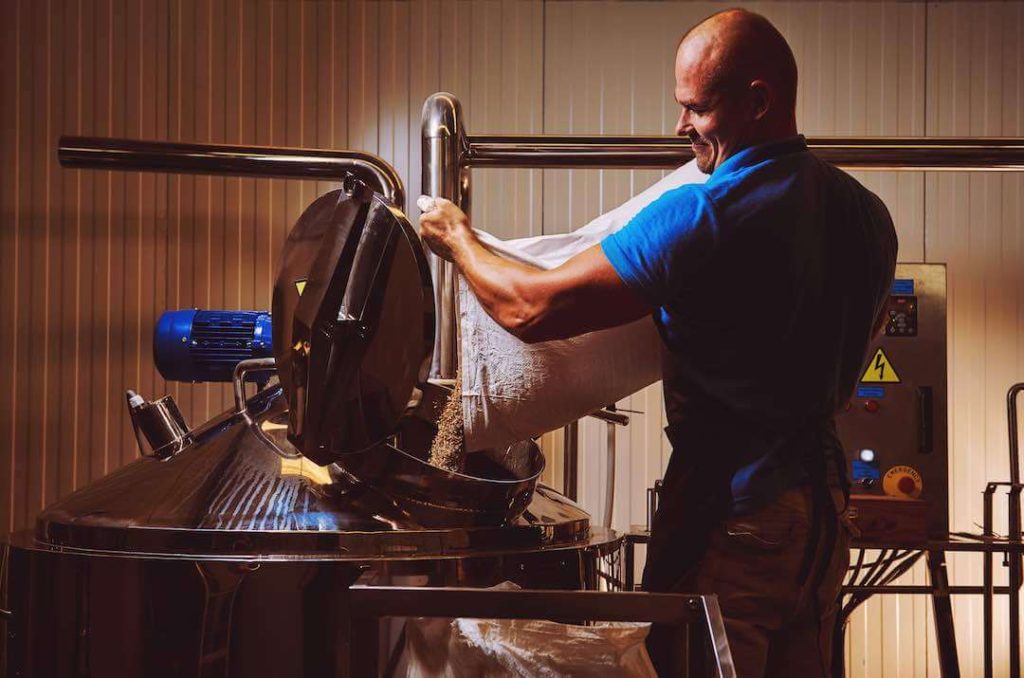

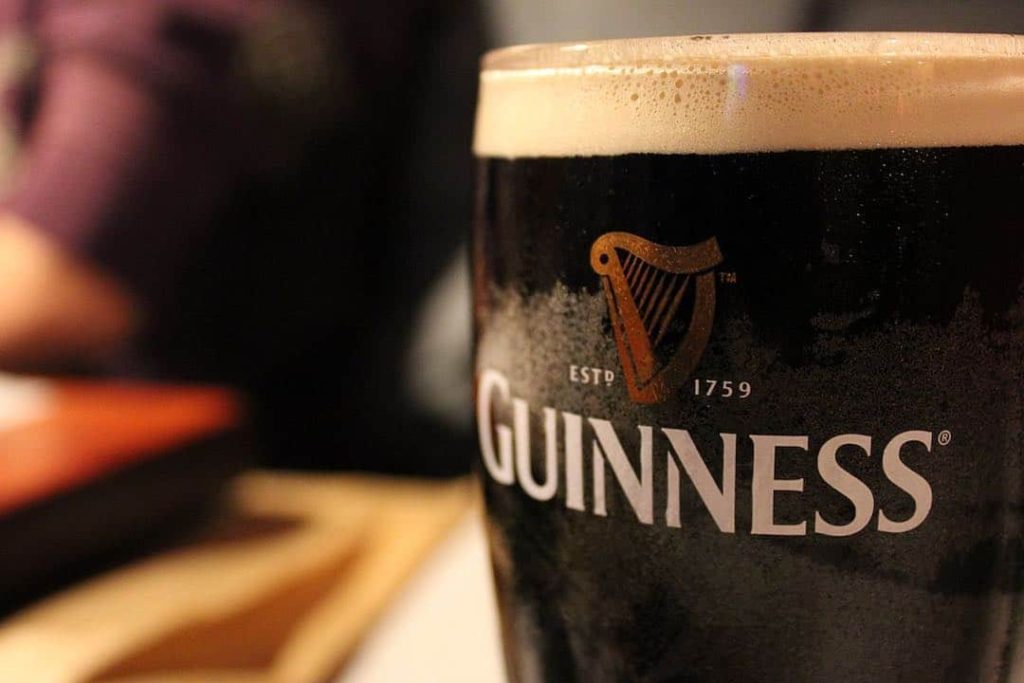
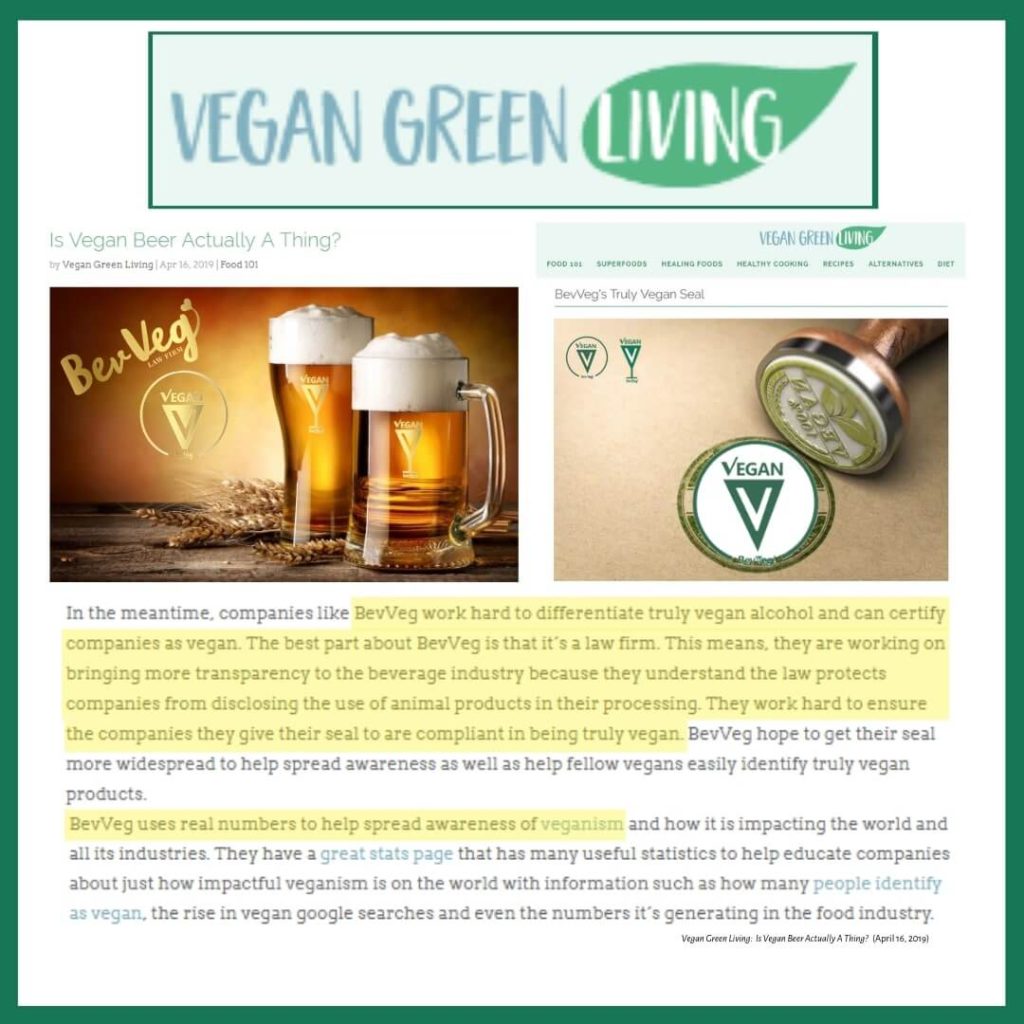
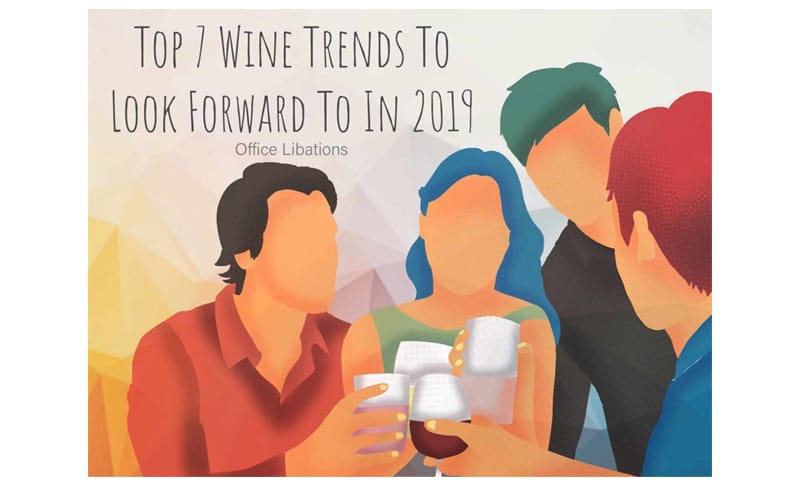
 Wine has been a cultural phenomenon for thousands of years. But it’s not always vegan.
Wine has been a cultural phenomenon for thousands of years. But it’s not always vegan.
